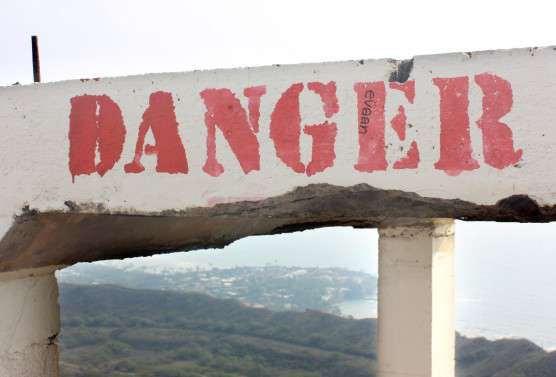
Gone are the days when building a website required knowing or learning HTML code. Now there are options galore including Content Management System (CMS) choices such as WordPress and Joomla and free ‘builders’ such as Squarespace, Weebly and Wix.
Given this landscape, when creating a new site, how do you decide between ‘do it yourself’ (DIY) options and hiring a professional? Both are valid methods that should be weighed based on your particular situation and budget. When deciding, consider these dangers of the DIY route:
- SEO risk: Most businesses depend upon Search Engine Optimization (SEO) in order for customers and prospects to find their websites in online searches. Search engines – particularly Google – are constantly adjusting their algorithms for ranking search results. Staying attuned to the recent changes in search engine ranking factors is something most professional web designers do as part of their jobs. On the other hand, the majority of DIY websites may not be equipped to optimize search results. If you’re building a business site, the SEO factor should be weighed heavily in your decision.
- Design risk: Most DIY web-building tools provide numerous templates from which you can choose for the look and feel of your site. Be aware, however, that since trends and popular tastes change, the developer of the template you choose may no longer support that option after 6 months or a year. If this happens, you’ll be forced to change your template — or take security risks by keeping it. (Read more about security risks below.) Additional DIY design risks for business sites include poor site navigation and misused design elements that do not represent your brand well. Solid website design for businesses includes well planned use of color, visual images and ‘eye flow’ that appeals to site visitors — encouraging them to investigate your site, return to your site and respond positively to your calls to action. These factors may be overlooked in a DIY site.
- Functionality risk: Similar to design risk for DIY sites is the risk of function programming that is ineffective or broken. This may include page links, moving visuals, a sign up for newsletters (to capture leads for an email marketing list) or shopping carts for e-commerce sites. Malfunctioning features such as these increase your security risk. For business websites, hiring a professional with a successful track record will decrease your risk of malfunctioning site features.
- Security risk: Properly installing and configuring a CMS are essential to the security of your site. Likewise, templates and plug-ins need to be kept up to date to minimize the risk of hackers invading your site. Many do-it-yourselfers are not aware of these risks and the steps for protecting a site from hacking. Choosing a professional can be a wise investment when it comes to the security of your site. See our previous post for more information about security of WordPress sites.
- Competitive risk: Before building a business website, check out your competitors’ websites. Choosing to go the DIY route for your site can put you at risk competitively when other sites in your field are more user-friendly, appealing and professionally designed.
- Productivity risk: If you’re a quick learner who is comfortable with new technology, building a website with a CMS or web-builder may seem feasible for you. Or perhaps you have a friend who fits that bill and is willing to do the job for you at a bargain price. Before jumping into either of these options, consider if the time you will spend on DIY or working with the friend would be better invested in providing direct customer service or making sales contacts with prospects.
Evaluating Website Building Options
DIY websites offer a feasible option in some situations. Consider the importance of the risk factors in your case when deciding how to proceed with a new site. For business sites, where profitability is at stake, hiring a professional is often the better option — and here at Page Progressive, we welcome the opportunity to talk with you to determine if we’re a good fit to help you build a site for meeting your business goals. Please contact us!